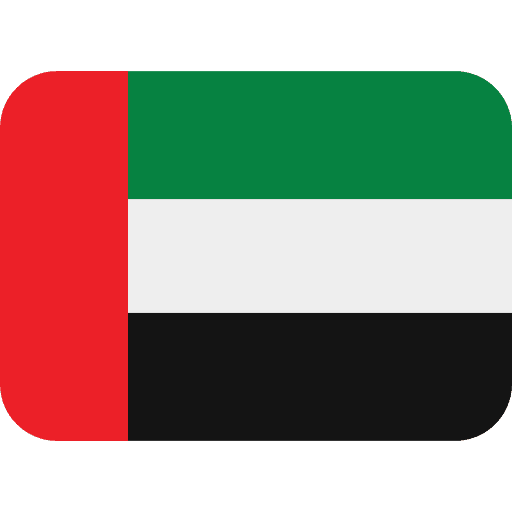Nov 23, 2023
Introduction
Dubai's healthcare sector is renowned for its commitment to excellence and innovation, continuously striving to enhance patient care and professional development. In this pursuit, immersive technologies like 360-degree virtual reality (VR) with 3D environments have emerged as powerful tools for revolutionizing healthcare education. Let's delve into how these cutting-edge technologies are reshaping medical training in Dubai, providing healthcare professionals with immersive learning experiences that prepare them for real-world challenges.
Addressing the Challenges of Traditional Medical Training:
Traditional medical training often relies on lectures, textbooks, and observation in clinical settings. However, these methods may not adequately prepare healthcare professionals for the complexities and high-stakes scenarios they encounter in practice. With 360 VR and 3D environments, Dubai's healthcare education sector is overcoming these challenges by offering immersive simulations that replicate real-world situations in a safe and controlled environment.
Immersive Learning Experiences:
360 VR with 3D environments transports medical students and professionals into realistic virtual scenarios, allowing them to engage with lifelike patient cases, medical procedures, and diagnostic challenges. In Dubai, medical training programs leverage this technology to provide learners with hands-on experiences, enabling them to practice clinical skills, make critical decisions, and gain confidence in their abilities. From surgical simulations to emergency room scenarios, VR immerses learners in dynamic environments where they can apply theoretical knowledge in practical contexts.
Simulating High-Stress Scenarios:
Healthcare professionals in Dubai often face high-stress situations where split-second decisions can mean the difference between life and death. VR simulations allow learners to experience these scenarios firsthand, providing valuable training in crisis management, teamwork, and communication. Whether it's managing a trauma patient in the emergency department or performing a complex surgical procedure, VR prepares professionals to navigate challenging situations with composure and proficiency.
Improving Diagnostic Skills:
Accurate diagnosis is crucial in healthcare, yet it can be challenging to develop diagnostic skills through traditional training methods alone. With 360 VR and 3D environments, Dubai's medical education programs offer learners the opportunity to practice clinical reasoning and diagnostic reasoning in immersive scenarios. By analyzing patient histories, interpreting diagnostic tests, and formulating treatment plans in virtual environments, healthcare professionals hone their diagnostic skills and enhance their ability to provide quality patient care.
Enhancing Interprofessional Collaboration:
Collaboration among healthcare professionals is essential for delivering optimal patient outcomes, yet interprofessional education can be difficult to coordinate in traditional training settings. VR technology facilitates interprofessional collaboration by bringing together learners from different disciplines in shared virtual environments. In Dubai, medical students, nurses, pharmacists, and other healthcare professionals collaborate in VR simulations, fostering teamwork, communication, and mutual respect across disciplines.
Bridging Gaps in Access to Training:
In Dubai's expansive healthcare landscape, access to specialized training resources may be limited in remote or underserved areas. VR technology overcomes geographical barriers by delivering immersive training experiences to learners wherever they are. Healthcare professionals across Dubai can access VR training modules on-demand, allowing them to enhance their skills and knowledge at their own pace and convenience, without the need for travel or expensive equipment.
Pioneering the Future of Healthcare Education:
As Dubai continues to invest in healthcare innovation, immersive technologies like 360 VR with 3D environments are poised to play a central role in shaping the future of medical education. By embracing VR training solutions, Dubai's healthcare sector demonstrates its commitment to excellence, equipping healthcare professionals with the skills, knowledge, and confidence they need to deliver world-class patient care. With immersive training experiences, Dubai is revolutionizing healthcare education and setting new standards for excellence in medical training.

Conclusion
Dubai's healthcare education sector is undergoing a transformative journey, driven by the adoption of immersive technologies like 360 VR with 3D environments. By providing healthcare professionals with immersive learning experiences that replicate real-world scenarios, Dubai is revolutionizing medical training, improving patient care, and driving innovation in healthcare delivery. As VR continues to evolve and expand its reach, the future of healthcare education in Dubai holds exciting possibilities, ensuring that healthcare professionals are prepared to meet the challenges of tomorrow with confidence and competence.





